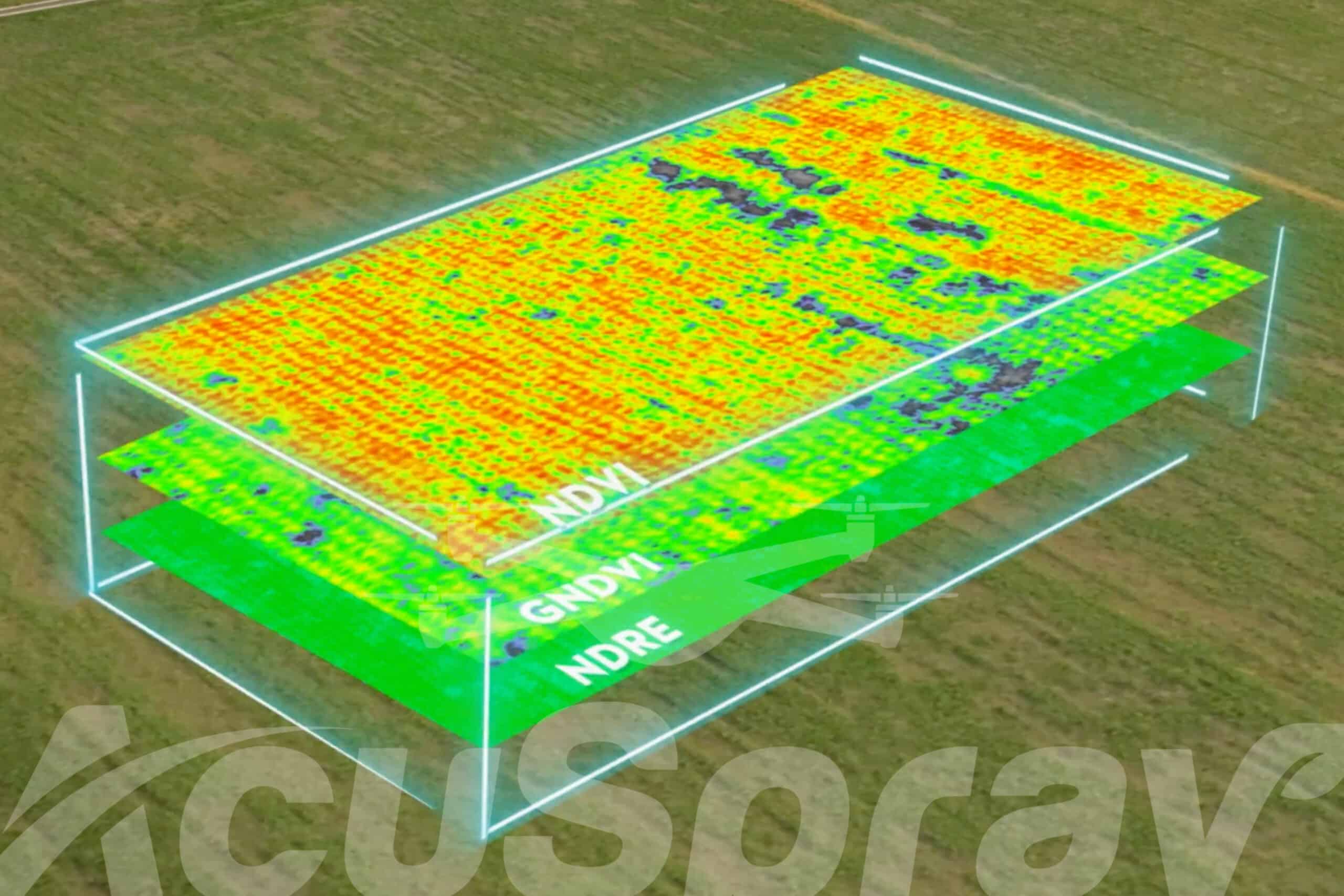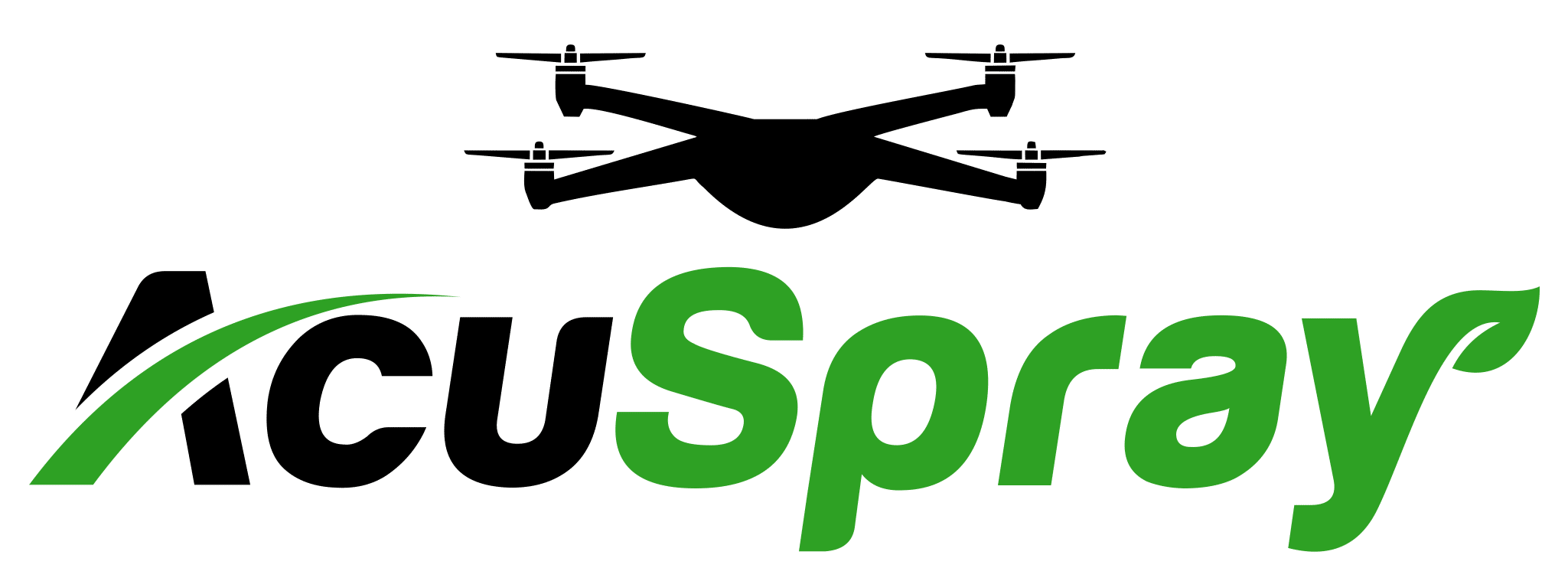
AcuSpray: A Beacon of Hope for Michigan Farmers Amid Drought
As we stand on the brink of another summer, drought conditions in Michigan and across the Midwest are intensifying, painting a daunting picture for the farming community. The onset of these arid conditions is not sudden, but the result of a worrying pattern that has been gradually developing. The United States Drought Monitor reveals that the region has escalated from a mere “abnormally dry” status to a “moderate drought” condition. This escalation poses a significant threat to agriculture – the lifeblood of the Midwest.
This looming threat extends beyond mere statistics. It touches the lives of the farming community, whose livelihoods are closely tied to the health and vitality of their crops. With the rainfall totals of spring falling well below the norm, crop yields face the imminent danger of significant decline. The decline has implications that ripple through not just the farming communities but also the entire agricultural supply chain and consumers.
In the face of these daunting conditions, the need for innovative, adaptive solutions is more pressing than ever. Enter AcuSpray, our cutting-edge Agricultural Spray Drone technology designed to help farmers adapt to and mitigate the impacts of these challenging circumstances. AcuSpray is equipped with precision tools, including a multispectral camera, that provides high-definition scans and analyses of crop growth with total clarity. This system enables farmers to identify crop abnormalities promptly and take necessary corrective actions, thereby potentially increasing crop resilience and yields in the face of drought.
In this post, we will delve deeper into the current drought conditions in Michigan and the Midwest, the challenges they pose, and explore how AcuSpray’s drone solution is poised to redefine the way the farming community responds to and navigates through these tough times.
Current Drought Conditions and Their Impact
The Extent of the Drought
This year, rainfall totals have fallen short of expectations. The spring months of April and May have been particularly dry, with rainfall amounts just a fraction of their usual rates. In April, for example, precipitation barely covered half the average monthly rate. May fared no better, with less than a third of the norm in recorded rainfall. In total, Michigan saw rainfall totals falling by more than 50% compared to standard averages. These aren’t mere numbers; they represent a stark decrease in water availability for crops during crucial growing phases.
The Impact on Crops and Agriculture
Drought conditions like these hit hard on the agriculture industry. With water being a critical component of crop growth, a lack of it directly impacts crop health and yield. Drought-stressed plants struggle to grow, leading to lower produce quantity and quality. Among the crops, fruit and hay yields are particularly vulnerable, experiencing noticeable drops during these arid times. Furthermore, the absence of adequate water accelerates the drying and wilting of vegetation, leading to an increased risk of brush fires.
These drought conditions aren’t just detrimental to crop yield but also force farmers to grapple with increased irrigation costs and reduced agricultural productivity, leading to economic strain across the sector.
Historical Drought Patterns in the Midwest
This is far from the first time that the Midwest is dealing with a water shortage. The region has faced major droughts in years like 1988 and 2012. These droughts disrupted not just agriculture but also impacted municipal water supplies, reduced the production of hydropower, and even interfered with transportation on major rivers. In 2016, Northwest Michigan grappled with a severe “D2” level drought, underlining the frequency and severity of this recurring natural disaster.
However, in the early 20th century, precipitation trends in the Midwest were moving towards wetter conditions and fewer droughts. That trend has reversed in recent years, emphasizing the urgency for sustainable and efficient drought mitigation solutions. This is where AcuSpray steps in, offering a precision-based, intelligent solution for real-time crop health analysis and guidance.
Traditional Drought Management Methods
Conventional Approaches to Drought Management
Farmers in Michigan and across the Midwest have developed numerous strategies over the years to combat periods of water scarcity. These traditional drought management techniques primarily revolve around water conservation, irrigation modifications, and changes in cropping patterns.
Farmers might increase the efficiency of their irrigation systems or switch to drought-resistant crops during dry spells. Other strategies include soil moisture conservation through mulching or reduced tillage and rainwater harvesting. These methods, albeit effective to some degree, are broadly aimed at making the best use of available water resources and ensuring the survival of crops under stress.
Limitations of Traditional Techniques in Current Conditions
While these traditional methods have stood the test of time, they come with inherent limitations, particularly when faced with severe and extended periods of drought like the present conditions.
Firstly, many of these techniques, such as the installation of more efficient irrigation systems or shifting to drought-resistant crops, require substantial investment and time – luxuries not readily available to all farmers. Besides, changing cropping patterns might not be feasible for all farmers, given the market demands and the specific soil and climate requirements of alternative crops.
Secondly, while water conservation and management techniques do help, they might not be enough to offset the effects of such significant rainfall deficits. They’re akin to stretching an already insufficient resource further.
Thirdly, these methods lack specificity and reactiveness. It’s challenging to detect early signs of drought stress in crops or to target interventions at a granular level. This inability to promptly identify and address problem areas might lead to larger sections of crops wilting before farmers can intervene.
Given these limitations, it’s clear that while traditional techniques form an important part of the drought management toolbox, they’re not adequate in isolation. There’s an evident need for technology-driven, precise, and real-time solutions like AcuSpray to complement these methods and maximize resilience against drought conditions.
The Power of Precision: AcuSpray’s Role in Drought Management
The Game-Changing Drone Technology of AcuSpray
The key to effectively combat the challenges of drought lies in precision, timely response, and efficient resource utilization. This is where AcuSpray’s innovative drone technology comes into play. Equipped with advanced multispectral cameras, our drones provide a birds-eye view of the fields and allow for the scanning and analysis of crop growth with unparalleled clarity.
Multispectral imaging captures data from both the visible and invisible light spectrum, including infrared. This functionality allows us to penetrate beyond what the naked eye can see and detect signs of plant stress even before they become visible. This early detection system, quite literally, gives farmers the upper hand in managing their fields during challenging conditions.
Precision Identification and Proactive Management
By identifying abnormalities such as emergence deficiencies, weed pressure, and crop lodging, our drones can help farmers take a proactive approach to crop management. They can apply interventions exactly where needed, avoiding wastage of resources, and enhancing the effectiveness of agronomic activities. For example, specific sections of the field can be targeted for watering, pest control, or fertilizer application, instead of a uniform application across the field. This precision management is critical during drought conditions, where every drop of water and every ounce of nutrients count.
Leveraging Artificial Intelligence for Real-Time Crop Monitoring
Beyond just capturing images, AcuSpray’s drone technology utilizes Artificial Intelligence (AI) for intelligent analysis and real-time sharing of crop growth information. AI algorithms can process multispectral images to assess plant health, identify disease and pest infestations, and even predict yield.
This data-driven approach allows for timely interventions and facilitates data-based decision making, a far cry from the guesswork often involved in traditional farming practices. Additionally, with real-time sharing of information, farmers can monitor their fields remotely, saving them valuable time and effort.
By bringing together precision agriculture, advanced imaging, and AI, AcuSpray offers an effective solution to boost crop resilience and enhance yields even under severe drought conditions
AcuSpray: A Sustainable Investment for Future-Proof Agriculture
Long-Term Benefits and Sustainability with AcuSpray
Partnering with AcuSpray is not just a short-term solution for managing current drought conditions, but also a long-term strategy for resilient and sustainable farming. As our climate continues to change, and weather patterns become less predictable, the need for precision in agriculture will only become more pronounced.
Our technology allows for efficient resource utilization, minimizing waste of water, nutrients, and energy. As resources become scarcer, and sustainability becomes a critical concern, this efficiency will prove vital for the farming community. Furthermore, our drones also reduce the need for physical labor, improving operational efficiency, and lowering the potential for human error.
While AcuSpray helps to improve immediate crop yields by providing timely interventions during drought, the benefits extend beyond the current season. By incorporating our data-driven precision farming techniques, farmers can continually refine their practices, improve their soil health, and work towards sustainable yield improvements in the long run.
Precision Agriculture: A Proactive Approach to Drought Management and Crop Health
Adopting precision agriculture tools like AcuSpray is crucial for the proactive management of drought conditions. Instead of reacting to issues as they arise, AcuSpray empowers farmers to identify and address potential problems before they impact crop health and yields significantly.
With multispectral imaging and AI analytics, farmers can keep a close eye on their fields, spot the early signs of drought stress, and intervene promptly. This proactive approach, enabled by real-time monitoring and analytics, can make the difference between a successful harvest and a significant loss.
In conclusion, adopting AcuSpray’s drone technology is more than just investing in a tool; it is embracing a sustainable and resilient future for agriculture. With precision agriculture at their fingertips, farmers in Michigan and the wider Midwest can navigate the challenges of drought with confidence, optimizing crop health, and securing their yields in an increasingly unpredictable climate.
Wrapping Up and Invitation
The Path Forward with AcuSpray
As we navigate the current drought conditions in Michigan and the broader Midwest, AcuSpray emerges as a key player in the landscape of precision agriculture. Our cutting-edge drone technology, equipped with multispectral cameras and AI analytics, offers the farming community a sustainable and efficient way to enhance crop health and optimize yields.
With AcuSpray, farmers can enjoy precision application of resources, real-time monitoring of field conditions, and proactive management of crop health. The capability to identify and address crop issues such as deficiencies, weed pressure, and lodging promptly and accurately is especially critical in managing the impact of drought conditions.
Connect with the Experts at AcuSpray
At AcuSpray, we believe in empowering the agricultural community with the best of modern technology. Our team of experts is ready to provide detailed information about our products and guide farmers on leveraging our solutions to their best advantage. We’re here to help navigate the challenges of drought and work towards a more sustainable, resilient agricultural future.
Embrace the Future of Agriculture
With the severity of current drought conditions and the crucial role of agriculture in our economy and society, the importance of proactive drought management cannot be overstressed. We invite you to explore the possibilities of precision agriculture with AcuSpray. Reach out to our team of Agricultural Drone Spray experts today, and let’s work together to secure the future of farming in the Midwest, one field at a time.


No Comments